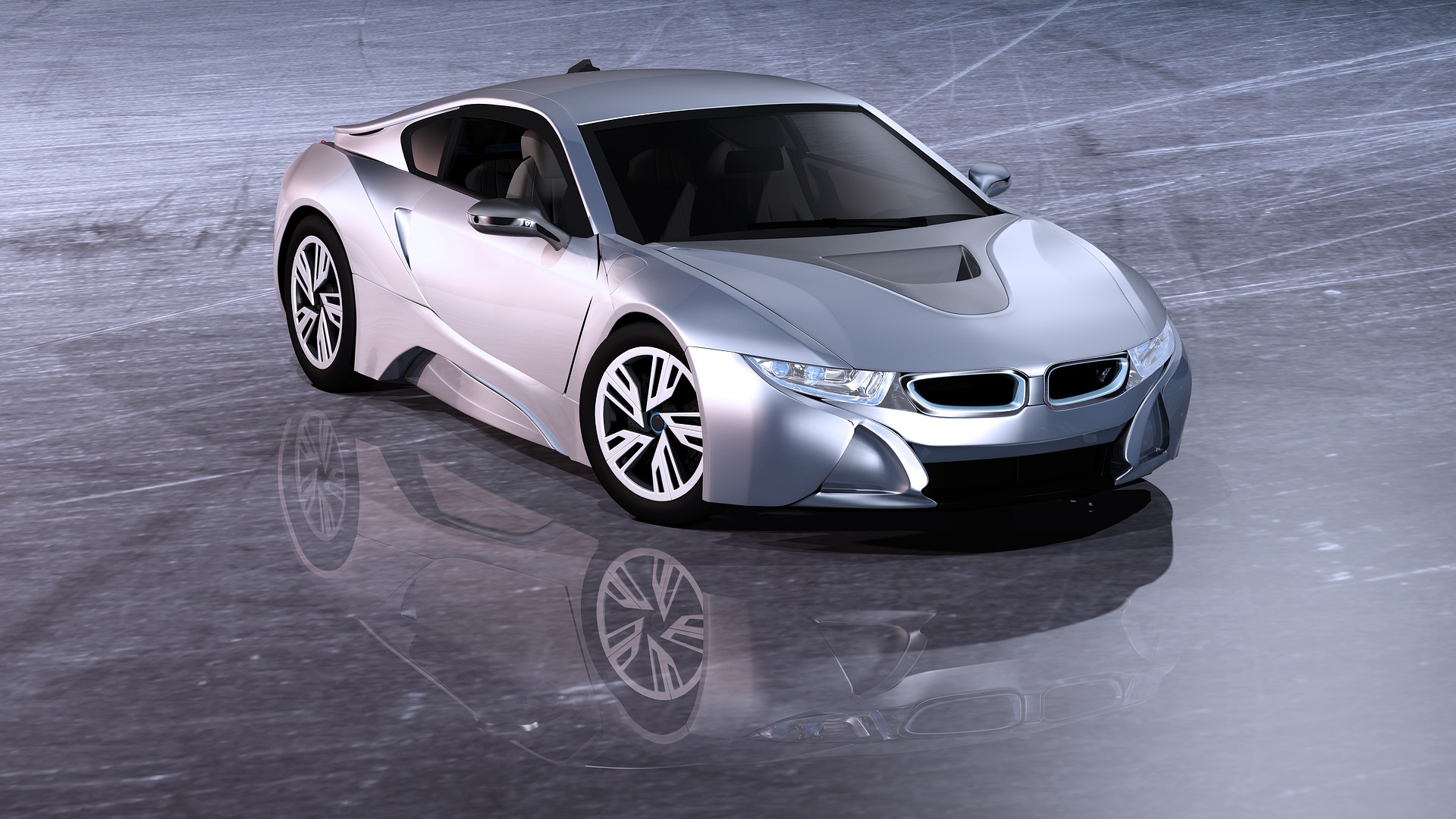Accelerating into the Future: The Emergence of Hydrogen Fuel Cell Vehicles
In the ever-evolving automotive landscape, one technology is steadily gaining traction and promising to revolutionize the way we drive: hydrogen fuel cell vehicles. Not as commonly discussed as their electric counterparts, these vehicles offer a unique and compelling alternative that could reshape the industry.

Hydrogen Fuel Cell Vehicles: An Overview
Hydrogen fuel cell vehicles (FCVs) are a type of zero-emission vehicle that runs on hydrogen gas rather than gasoline. This energy conversion technology has been around since the early 19th century but has only recently been applied to cars. The first FCVs were introduced to consumers in the early 2000s, and since then, advancements in their technology have continued at a rapid pace.
The Science Behind Hydrogen Fuel Cells
Hydrogen fuel cells work by combining hydrogen and oxygen to produce electricity, which then powers the vehicle’s motor. The only byproduct of this process is water, making FCVs one of the cleanest forms of transportation available. This simple yet effective technology has the potential to change the game in terms of environmental impact, fuel efficiency, and the overall driving experience.
The Current State of the Hydrogen Fuel Cell Market
Although still a relatively small segment of the overall automotive market, the FCV industry has seen significant growth in recent years. Major car manufacturers, such as Toyota and Hyundai, have already released hydrogen-powered models, and other companies are expected to follow suit in the near future.
Advantages of Hydrogen Fuel Cell Vehicles
There are several key benefits to FCVs that make them an attractive alternative to traditional gasoline and electric vehicles. One major advantage is their long range and fast refueling time. Unlike electric vehicles, which can take hours to recharge, FCVs can be refueled in just a few minutes, similar to a traditional gasoline car. This, combined with their ability to travel long distances without refueling, makes them an appealing choice for many drivers.
Challenges Facing the Hydrogen Fuel Cell Industry
Despite the many advantages of FCVs, there are still several challenges that need to be overcome before they can gain widespread adoption. One of the major hurdles is the lack of infrastructure for hydrogen refueling. Currently, there are only a limited number of hydrogen refueling stations available, which makes it difficult for FCV owners to find places to refuel their vehicles. Additionally, there are concerns about the safety and cost of hydrogen production and storage.
In the midst of the ongoing race to develop the car of the future, hydrogen fuel cell vehicles stand out as a promising contender. With their unique blend of efficiency, sustainability, and performance, FCVs have the potential to reshape the automotive landscape. Although significant challenges remain, the industry’s rapid progress suggests a future where hydrogen-powered cars are a common sight on the road.




